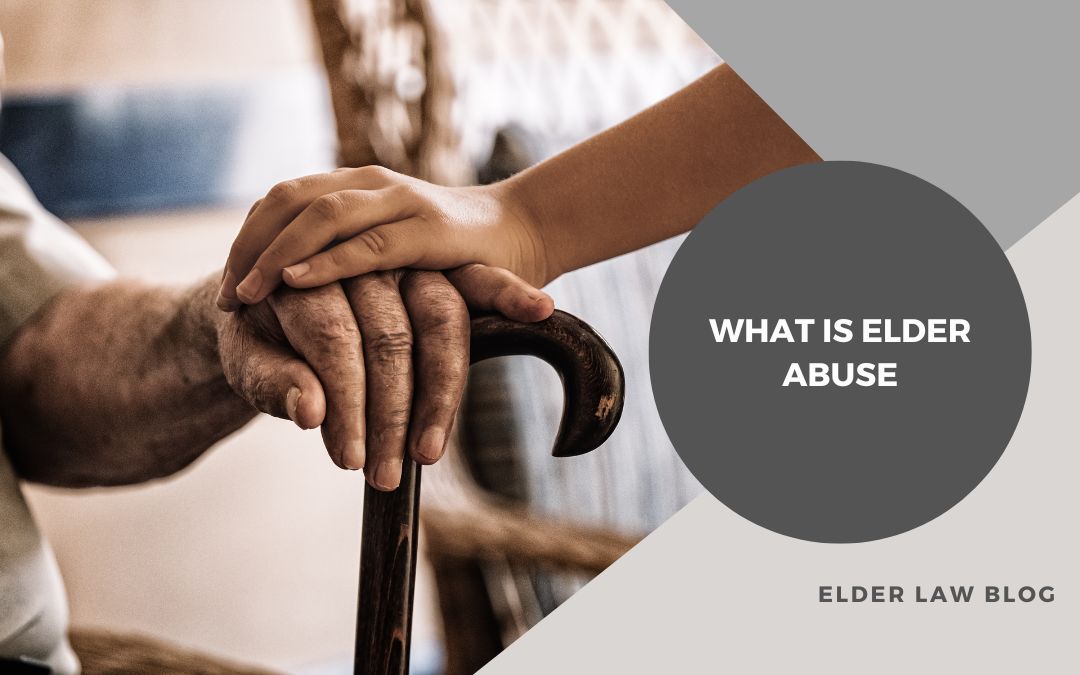Elder abuse means intentionally hurting or putting an older adult in danger – be it financially, mentally or physically.
Elder abuse happens when the elderly become dependent physically or financially on a family member or caretaker, and that person neglects their needs or intentionally hurts them.
A study suggests that 1 in 5 older people experienced elder abuse during the pandemic, a jump of nearly 84% over pre-pandemic reports. The reason might be that they had to remain confined in one setting, with less check-and-balance due to quarantine.
Survivors of elder abuse report depression, withdrawal from social interactions, guilt, and self-blame. They also have higher rates of hospitalization and death.
Identifying elder abuse signs
Inside this section, learn about the types of elder abuse and how to recognize the signs of each abuse type.
Physical Abuse
Physical elder abuse is any form of physical violence directed toward an elderly individual. It involves hitting, slapping, pushing, kicking, or restraining the elderly individual.
Signs of physical elderly abuse include:
- Cuts, broken bones, bruises, or burns.
- Dislocated joints, head injuries, sprains
- A pattern of hospitalization for similar kinds of injuries
- Delayed medical care
- Poor explanations for injury from care providers
Emotional or Psychological Elder Abuse
Emotional or psychological elder abuse happens when someone intentionally hurts an older person’s mental well-being. This type of abuse can take many forms, such as constantly criticizing, belittling, or insulting older people, isolating them from their loved ones or resources, or threatening them.
Psychological abuse is the most prevalent kind of abuse. It often goes unnoticed due to a lack of tangible evidence.
Signs of emotional and psychological abuse include:
- Depression
- Isolation
- Low self-esteem
- Avoiding eye contact
- Different eating or sleeping patterns
- Mood swings
- Changes in behavior/personality
Sexual Abuse
Elder sexual abuse means forced sexual contact with an elder. It can happen to elders with dementia, Alzheimer’s, or other cognitive disabilities that prevent them from giving consent.
Perpetrators can be nursing home staff, residents, in-home caretakers, friends, or family members.
Signs of sexual abuse may include:
- Unexplained bruises or injuries around the genital area
- Difficulty walking or sitting
- Genital or anal bleeding
- Sexually transmitted infections
- Torn, stained, or bloody undergarments
- Sudden changes in behavior, such as becoming withdrawn, anxious, or depressed
- Exhibiting fear or discomfort around a particular person
- Avoiding physical contact or intimate situations
- PTSD, nightmares, or flashbacks.
- Decline in personal hygiene
Any of these signs do not mean that sexual abuse has occurred. But these signs should be taken as a warning to investigate.
Elder Neglect
Elder neglect happens when a caregiver fails to provide necessary care and protection to an elder they’re responsible for. It involves neglect towards medication, hygiene, clothing, emotional support, and even basic needs such as food or water.
- Signs of elder neglect include:
- Dehydration and malnutrition,
- inadequate clothing
- Lack of medical attention
- Poor personal hygiene
- Untreated infections or injuries
- Weight loss
Elder neglect can occur in various settings, including nursing homes, assisted living facilities, or within the person’s home. It can lead to serious health problems, including bedsores and sepsis.
Elder Abandonment
Elder abandonment occurs when a caregiver or person responsible for the elder’s well-being leaves them without proper care.
Signs of elder abandonment include:
- ConfusIon
- Fear
- Distress
- Frail, malnourished, or dehydrated appearance
It can happen in hospitals, nursing homes, or when leaving elders with relatives who didn’t agree to care for them.
How to prevent elder abuse
Here’s how you can prevent elder abuse:
- Raise awareness about elder abuse. It’s a complex topic. But one that needs to be spoken about. Educate yourself and others about the signs, types, and effects of elder abuse.
- Check in with your loved one regularly.
- Take accusations seriously. Many people don’t believe elders when they report abuse. It’s important to trust and get the help they need.
- Social isolation can increase the risk of elder abuse. Encourage social interactions and support networks for older individuals.
- Promote financial literacy and help older adults understand their financial matters.

